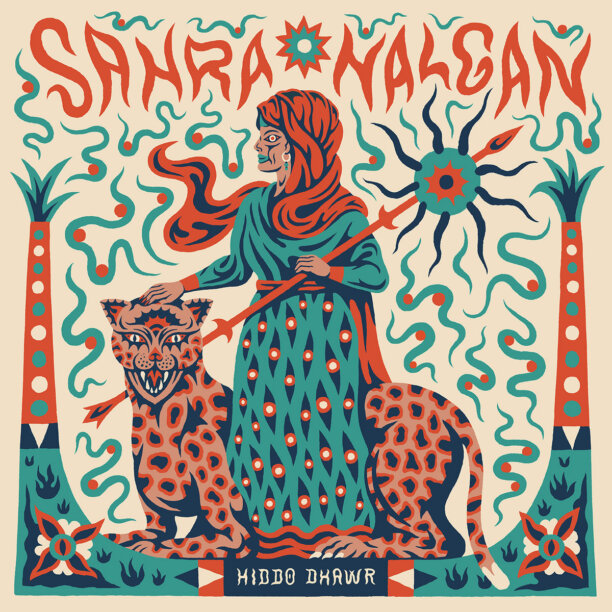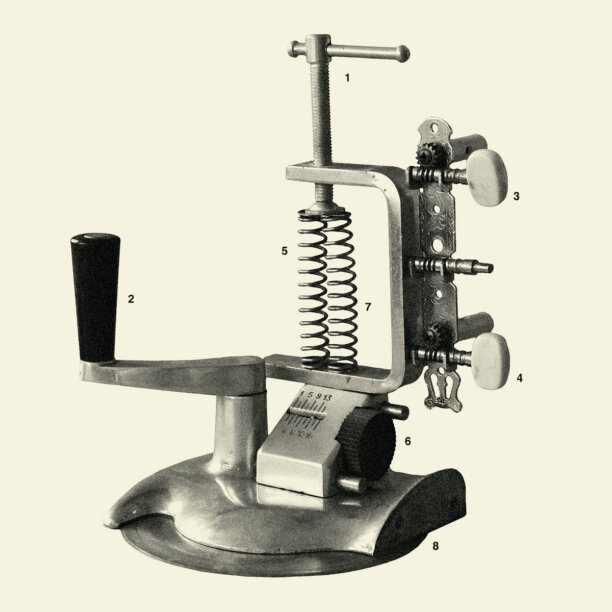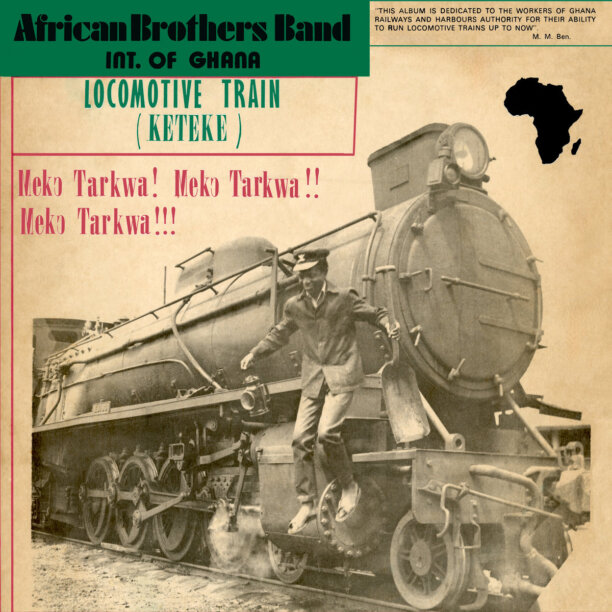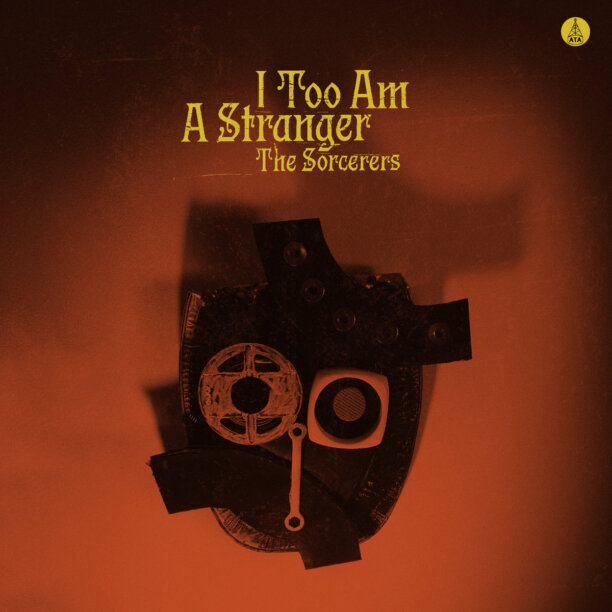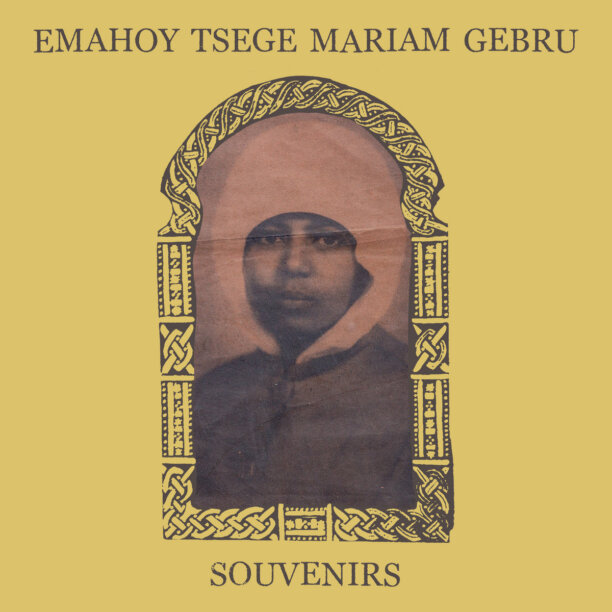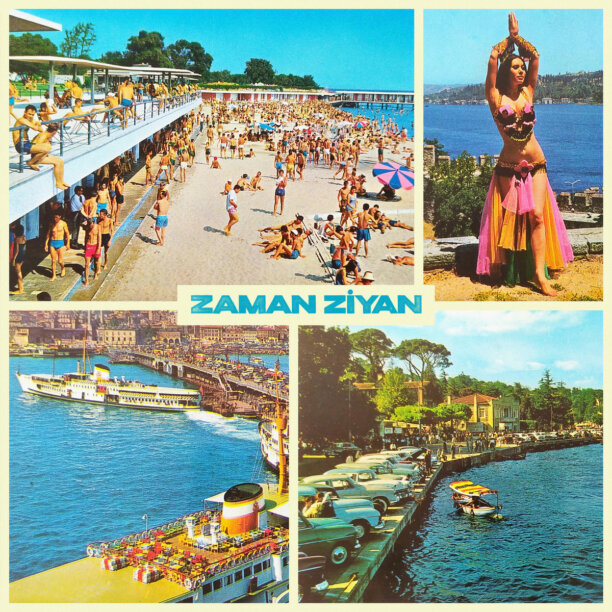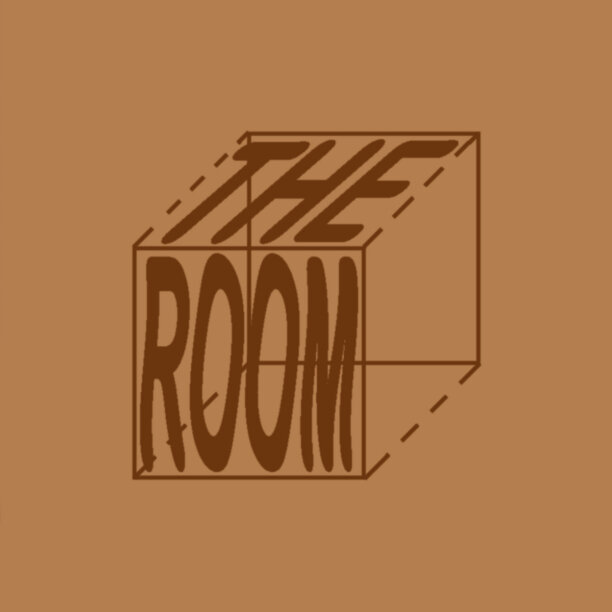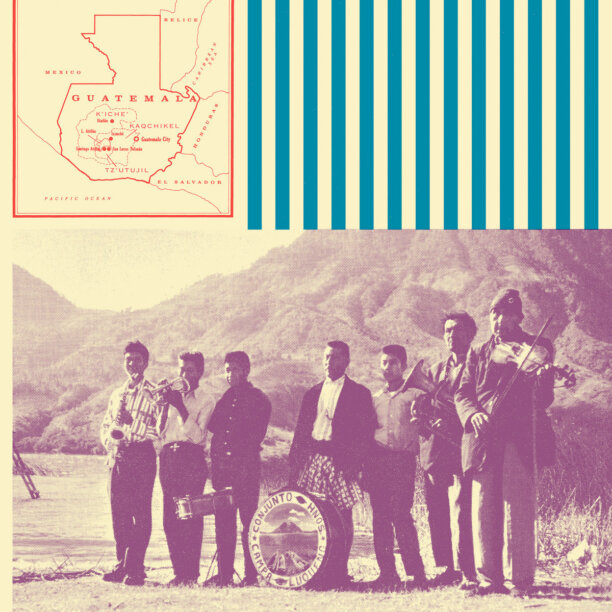Merci Yaya Bongo
Call us ignorant, but only now are we catching up on the history of Gabon. The country on the Atlantic coast of Central Africa gained its independence from France in 1960, however, relations between the two countries remained co-dependent. Gabon has had three presidents since gaining its autonomy, the most prominent being Omar Bongo, who stayed in power for a whopping 42 years only to be succeeded by his son in 2009, who then ruled another 14 years until his government was overthrown by a military coup late last year. "Mr. Bongo [the father] came to power in 1967 with French support and ruled over a state that grew rich on its abundant oil while most of the 1.5 million population remained poor," an obituary in The Times remarks. This should give you a slight hint of the man's controversial reign.
Why has this only come to our attention now? Last Friday, the Marseille-based radio, label and sound system Secousse released its first proper compilation, which covers sensitive material, but is absolutely essential from a musical standpoint. You see, in the 1980s, along with his then wife, the singer Patience Dabany, Bongo invented the "ultimate musical propaganda machine: [so-called] 'animation groups', massive female choirs and dancers, up to 60 women deep, singing the praise of his regime over some of the best soukous rhythms ever, broadcasted live on TV," the release notes read. "Between 1982 and 1989, mainly thanks to the flourishing oil economy, a record label is created, a state-of-the-art recording studio is set up, and the best Gabonese and Congolese musicians are recruited. Dozens of vinyls are pressed and sold with huge success all over the country."
Secousse has now unearthed a selection of these epic recordings to be featured on their recently released 2LP compilation "MERCI YAYA BONGO – Les Groupes d'Animation Féminins du Gabon 1982-1989", with liner notes by Gabonese scholar Dr. Omer Arsène Ivora Mouangoye included to provide some necessary context. "We're very conscious of the sensitivity of the material here. We hesitated for years before committing to the project. If some people are wondering, why on earth a French label would get involved with reissuing those records, the simple and sincere answer is the following: Because this music is so incredibly good. A simple yet deep statement: such a great artistic work does not come from anywhere, anyhow. And because the story of Gabon has a strong relationship with France, for better or for worse. Their story is also our story," the label commented upon release.
True to its word, Secousse delivers a scintillating 11-track synopsis of these all-female animation groups, including acts such Missema, Groupe Kounabeli de Masuku & Patience Dabany, Oyana Efiem Pelagie, Groupe d'Animation U.F.P.D.G., Kolikagie de Masuku, Mi Kouagna de Mounana, Groupe d'Animation Kakoula Djele de Bongoville, Kounabeli de Mbilasuku, Groupe Kounabeli de Masuku & Orchestre Banowita and the aforementioned Patience Dabany [second wife to Omar Bongo]. Performing upbeat, synth-led rumba and soukous accompanied by compelling vocals and backed infectious, propulsive rhythms the groups showcased on this extraordinary collection provide a superbly festive atmosphere that is quite hard to resist. This here is, quite simply, Gabonese popular music with a not-so-hidden agenda: legitimising the Bongo rule.
And yes, again, let's not forget the role of France in this brilliant display of neocolonialism or as Omar Bongo himself once described the two nations' relationship: "Gabon without France is like a car with no driver. France without Gabon is a like a car with no fuel". Bien dit.

